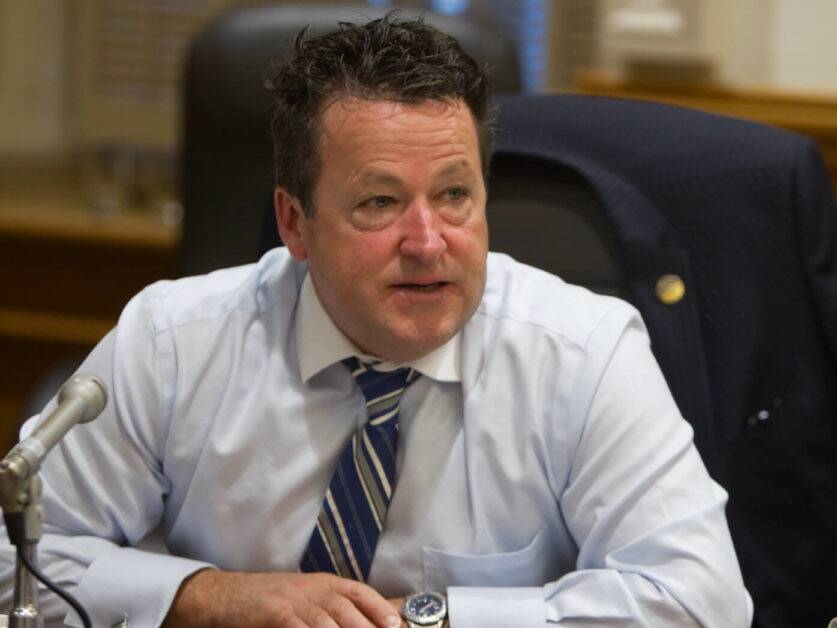BALI, Indonesia — A senior World Trade Organization official has issued a warning to WTO members thinking of vetoing a proposed agricultural deal at this week’s ministerial meeting, saying the results would be catastrophic.
At a Dec. 3 news conference, new WTO director general Roberto Azevedo said the limited package of agricultural reforms being proposed after months of negotiations in Geneva are achievable if ministers at the Dec. 3-6 meeting show political courage.
“A successful outcome is possible,” he said.
The reward could be a trillion dollar boost for the economy, according to economists he cited.
Read Also

New Quebec ag minister named in shuffle
Farmers in Quebec get a new representative at the provincial cabinet table as Premier Francois Legault names Donald Martel the new minister of agriculture, replacing Andre Lamontagne.
However, failure would represent more than a lost opportunity to make the first concrete progress on new WTO rules in 12 years.
“At stake also is the future of the WTO,” said Azevedo.
WTO officials have suggested that if the modest package of reforms on the table is rejected this week, countries will lose faith in the organization’s ability to forge trade agreements and abandon it as a negotiating forum for years.
Azevedo said he agreed with a commentator who wrote: “A weaker WTO would lead to the law of the jungle.”
India and other developing countries have objected to a proposal that they be forced to restrict their use of farm and food subsidies used to promote food security.
India has not said if it will reject the proposal, which effectively would kill the package and mark another failure in WTO attempts to make progress on the 12-year-old mandate from the Doha ministerial meeting in 2001.
Azevedo said ministers in Bali this week must be willing to have the political courage to understand this is the WTO’s last best chance to make progress.
“What we need at this meeting is for ministers to show political will,” he said. “This meeting represents our best chance for a deal.”
He said the compromises must be made by political direction, and delegates should not assume that a defeat in Bali will simply send the issue back to negotiators in Geneva. Trade negotiators cannot make political decisions.
“We can’t do this back in Geneva,” said Azevedo, who is presiding over his first ministerial meeting. “It must be done here and now.”
Canadian Cattlemen’s Association government and international relations director John Masswohl, in Bali to monitor negotiations, predicted that the WTO will be sidelined as a trade-negotiating forum for some time if the current proposals are rejected.
“If nothing happens here, I see it stalled for at least five years,” he said.
Meanwhile, countries such as Canada will busy themselves with bilateral or regional negotiations, and the 2001 WTO Doha mandate will become even less relevant and achievable.














